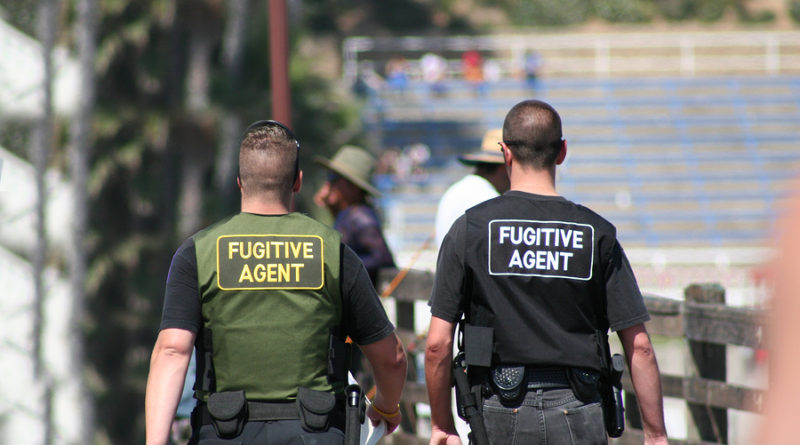Job Description Salary and Employment Opportunities For Bounty Hunters
A Bounty Hunter works with the criminal justice system and is required when a person fails to appear in court or skips bail. Although bounty hunters enjoy certain privileges, there are also some responsibilities, including breaking the law. Some of these responsibilities have included breaking the law by entering the homes of fugitives without a search warrant. Here are the Job Description Salary and Employment Opportunities for Bounty Hunters.
Education & Training Requirements of Bounty Hunter
The Education & Training Requirements of Bounty Hunters. A bounty hunter is required to take an extensive training program that covers the laws of their state as well as the tactics they need to employ. Bounty hunters may also be required to take certain courses in martial arts and kickboxing. This training program is not generally offered by regionally accredited institutions. However, those wishing to work as bounty hunters are advised to do so.
Bounty Hunters in New York are legally known as bail enforcement agents. They must complete an approved training program as well as a criminal justice degree. They also must be U.S. citizens. In order to work in the state of New York, a bounty hunter must obtain a bail enforcement agent license. In New York, a bail enforcement agent must have a criminal justice degree and at least three years of law enforcement experience before they can obtain a license.
What are the Working Conditions of a Bounty Hunter?
Bounty hunters are a vital part of the justice system in their states. They use their skills to apprehend fugitives who have skipped bail or fled the authorities. While bounty hunters do not work standard 9-to-5 hours, they are required to be able to work under all conditions. As with any job, they must be intelligent and willing to travel extensively. The employment outlook for bounty hunters is generally positive through 2020, and it is important to note that there is a high demand for these professionals, and they need to have extensive experience in their field.
Bounty hunter has to adhere to state laws and regulations, and they must know how to spy on people without them realizing they’re doing it. In addition, bounty hunters must understand local and state laws, as fugitives sometimes cross state lines. The Uniform Criminal Extradition Act is essential knowledge for bounty hunters. In addition to this knowledge, bounty hunters must also understand the different laws that govern their profession, including those pertaining to weapons.
How Much are the Salary and Benefits of a Bounty Hunter?
The salary and benefits of bounty hunting may be good, but they are far from the lifestyle of a celebrity. Bounty hunters don’t get a set paycheck every month, and they must budget accordingly since the majority of their work takes place over irregular time periods. Bounty hunters must also meet the high expectations of their clients, as this job is highly stressful. The salary and benefits of bounty hunters may not be the most attractive aspects of the job, but they are a good fit for people with backgrounds in private investigation, bail bonds, and process serving.
The salary and benefits of a bounty hunter vary depending on the type of job that you pursue. Bounty hunters are independent contractors, so they usually run their own businesses. Bounty hunters are responsible for understanding and complying with all laws and regulations related to their trade. They must register with the IRS, obtain all necessary local licenses and insurance, and file taxes. As a bounty hunter, you’ll likely receive more money than a bounty hunter who works for a law firm.
Where Can You Apply as a Bounty Hunter?
Becoming a bounty hunter requires education, professional experience, and connections. Depending on your state of residency, you may need a license. The process of obtaining this license varies from state to state, but it generally involves passing a background check. In addition to these qualifications, you must be a U.S. citizen or a legal resident and have a high school diploma. Some states accept experience in the bail industry instead of education, but not all.
Licensing requirements vary from state to state, but in general, most states require a bounty hunter to pass a bail bond examination. In Alabama, for example, a bounty hunter must pass an exam administered by the State Department of Insurance. In some states, such as Maine, licensure is not required. Instead, bounty hunters must meet certain minimum qualifications, such as being at least eighteen years old and having a clean criminal history.

